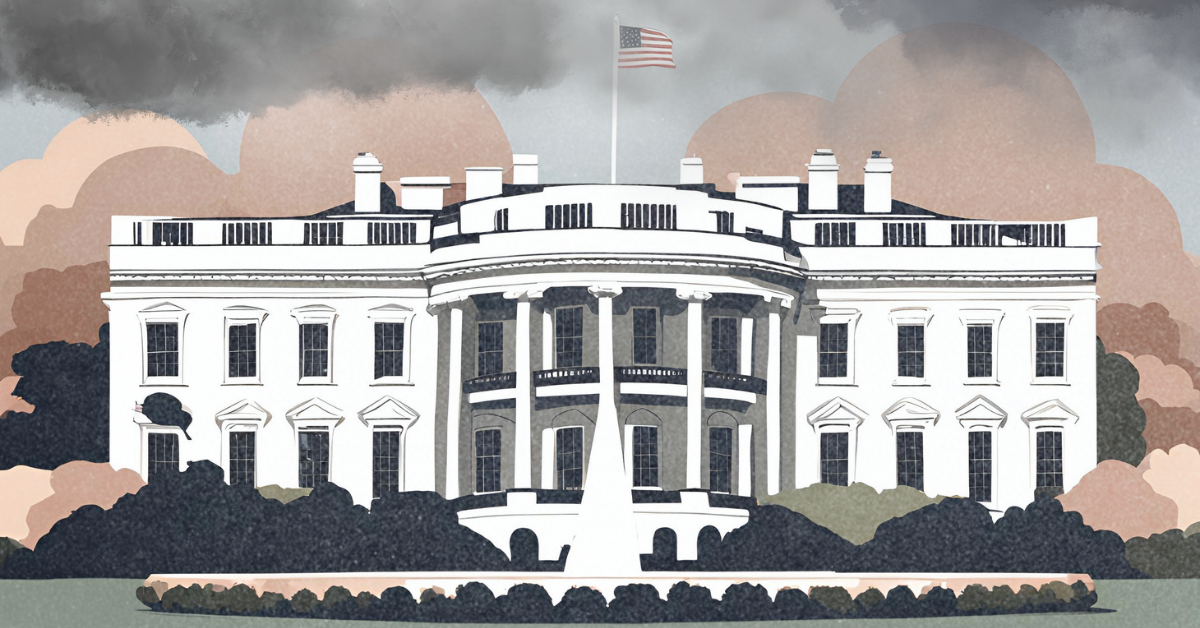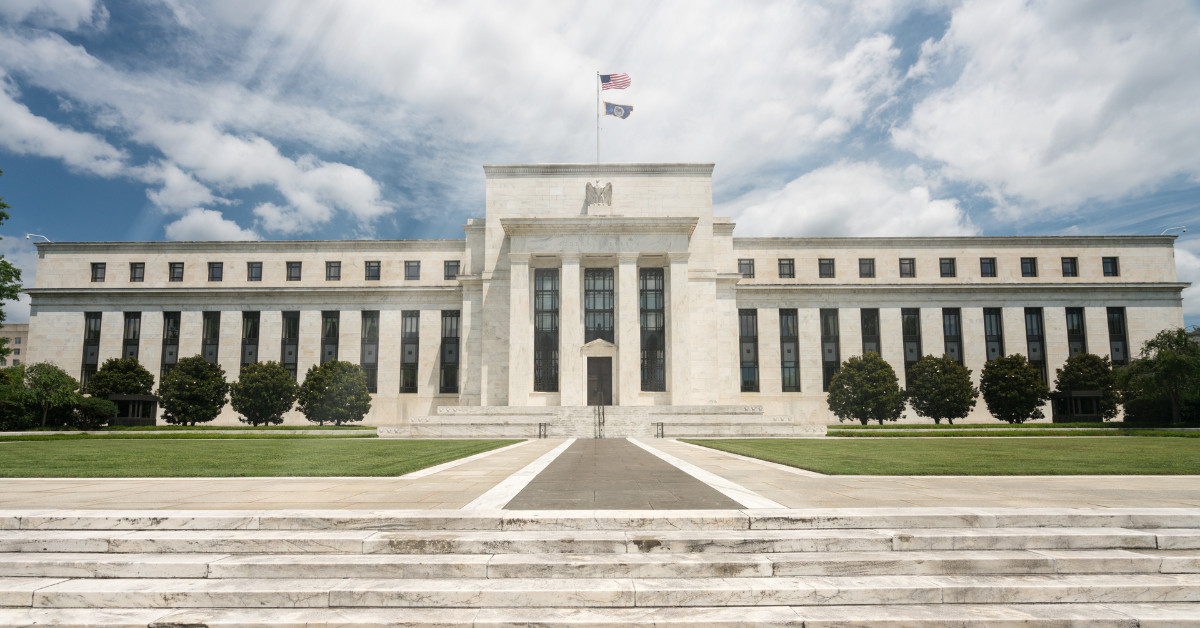Article

As we navigate the complexities of 2024, government debt remains a crucial concern for investors worldwide. The U.S. federal debt is now comparable to levels seen at the end of World War II, with projections indicating further exponential growth. This unsustainable fiscal trajectory, driven by continuous deficits and substantial spending commitments, poses significant risks to economic stability and investor portfolios alike.
Traditional investments such as stocks and bonds might not provide the security and returns investors seek in this uncertain economic climate. Therefore, alternative investments are emerging as a viable strategy to safeguard portfolios against the volatility associated with high government debt.
Understanding the Government Debt Crisis
The Congressional Budget Office (CBO) projects that U.S. federal debt will continue to grow, driven by large fiscal deficits and rising interest obligations. The government has committed substantial expenditures on social programs, healthcare, and industrial policies, further exacerbating the debt situation. When the next recession or crisis hits, the government may find borrowing challenging, leading to potential economic instability.
The Role of Alternative Investments
Alternative investments, including real estate, private equity, art investment, commodities, and digital assets, offer diversification and potential for higher returns, making them an attractive option for investors looking to mitigate risks associated with high government debt.
1. Real Estate:
Investing in real estate can provide a stable income stream and act as a hedge against inflation. Real estate assets’ tangible nature and potential for capital appreciation make them a solid choice for long-term investment strategies.
2. Private Equity:
Private equity investments allow investors to gain exposure to private companies that are not subject to the same market volatility as publicly traded stocks. These investments often involve long-term commitments but can yield substantial returns.
3. Art Investment:
Investing in art can be a lucrative alternative, especially as the art market has shown resilience during economic downturns. Art investments offer not only aesthetic value but also the potential for significant appreciation. High-profile sales and increasing interest in art as an asset class highlight its growing importance in diversified portfolios.
4. Commodities:
Commodities like gold, silver, and oil are traditional hedges against inflation and economic uncertainty. Their value often rises when confidence in fiat currencies and government bonds declines, making them a reliable addition to a diversified portfolio.
5. Digital Assets:
Cryptocurrencies and blockchain technology offer new avenues for investment. While volatile, these digital assets have shown potential for high returns and can hedge against traditional financial system risks.

Implementing Alternative Investments in Your Portfolio
Diversifying into alternative investments requires careful consideration and expertise. Investors should assess their risk tolerance, investment horizon, and financial goals. Consulting with financial advisors and leveraging the expertise of investment managers specializing in alternative assets can enhance the effectiveness of this strategy.
For further reading on how alternative investments can protect your portfolio, consider these resources:
• Forbes on Alternative Investments
• Investopedia’s Guide to Alternative Investments
• J.P. Morgan’s Insights on Economic Trends
As government debt continues to rise, the traditional investment landscape becomes increasingly precarious. Alternative investments offer a promising avenue for diversification and risk mitigation. By integrating real estate, private equity, art investment, commodities, and digital assets into their portfolios, investors can better safeguard their wealth against the uncertainties posed by government debt and economic volatility.
Stay informed and proactive in your investment strategy to navigate the evolving financial landscape effectively. For more insights on economic trends and investment strategies, subscribe to the De Pointe Research Blog.






